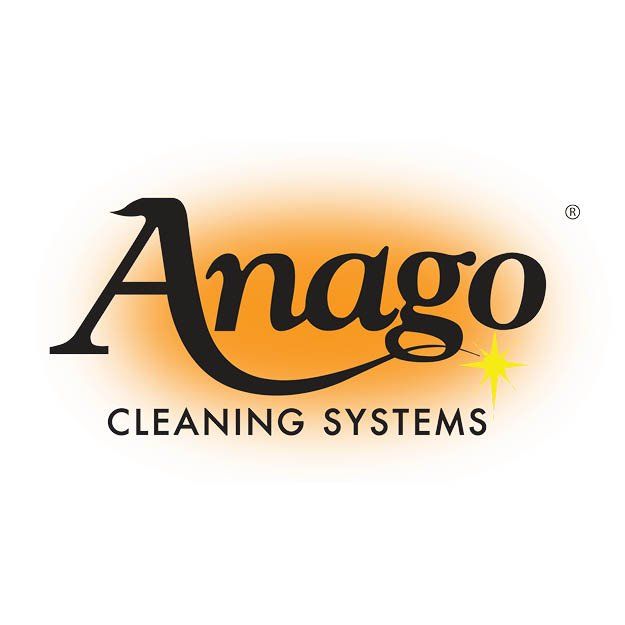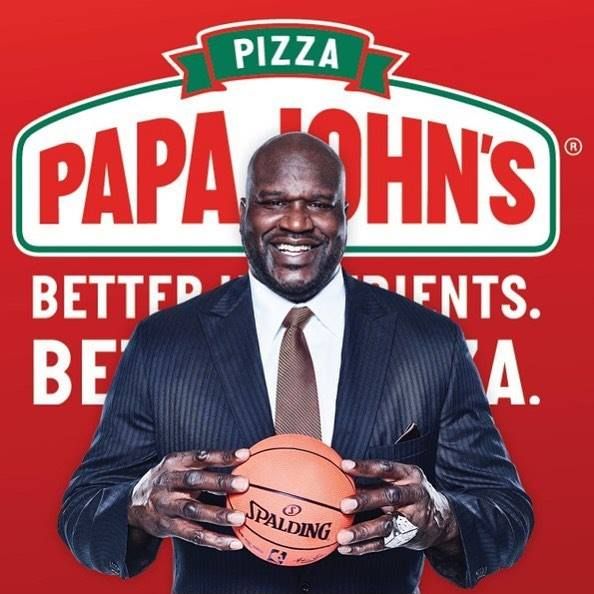How facility service franchises build wealth: proven paths to success
Facility service franchises generate wealth through their ability to combine ongoing business-to-business and residential contracts with territorial expansion and equity growth from brand systems and final business exits. The short version. Select a model which focuses on needs. Win recurring accounts. Add territories.Professionalize with tech and processes.Your exit plan needs to start from the beginning of your business operations.
What Facility Service Franchises Do And Why They Scale
Facility service franchises provide their customers with cleaning services and janitorial maintenance and restoration and landscaping and pest control and floor care and HVAC and specialty trades. The commercial market consists of building owners and property managers together with educational institutions and healthcare facilities and logistics centers and retail establishments. Residential services include ongoing home cleaning as well as emergency repair and restoration work for water damage and mold and smoke damage. The essential work people need in every cycle remains the common thread which explains why home and facility services continue to be one of the fastest-growing franchise sectors in the U.S. by 2025.
The category benefits from asset-light operations, especially models that rely on subcontractors or small field teams instead of heavy inventory or expensive real estate.The cleaning industry shows different business methods through City Wide and Stratus Building Solutions and The Cleaning Authority and Anago Cleaning Systems which display residential and commercial market approaches together with their startup structures and growth methods.
Recurring contracts generate customer lifetime value.
Commercial cleaning and integrated facility management operate through contractual agreements. Win a building. Scope services. Lock in frequency.The project expands its objectives to include new possibilities during this phase. The business model of recurring revenue creates steady cash flow which leads to long-term customer relationships. The systems function to support cross-selling operations which enable companies to introduce floor refinishing and day porter services and disinfection and seasonal work to their customers. Service franchises maintain their recession resistance because they follow a specific rhythm of operation which ensures buildings stay functional and safety remains a top priority during economic downturns.
How Facility Service Franchises Build Wealth
Businesses generate their fastest wealth growth through managed expansion. Franchisees receive protected market access at first then they will expand into adjacent markets when their operations become more developed. Multi-unit owners operate with a unified dispatch system and HR and sales departments yet they maintain separate field work operations. Asset-light brands that operate through subcontractors and independent contractors enable fast growth with minimal capital expenditure which allows owners to direct funds toward sales staff and market expansion. The franchise industry shows that certain families attain profit margins between 15% and 29% based on their service offerings and work arrangements while cleaning and home services remain in that range according to 2025 data.
Technology multiplies scale.The combination of AI routing technology with CRM systems and centralized call centers enables remote team productivity improvement and manager coaching capabilities. The industry experts predict franchisors will continue to fund AI technology development for lead generation and scheduling because it enables semi-absentee ownership and multi-market operations.
Equity creation through systems brand and exit value
The cash flow from your business operations will deliver payments to you immediately. Equity pays you later.Owners build equity by developing a system of repeatable operations. The combination of documented processes with stable recurring revenue and minimal customer concentration results in higher exit multiples. The use of standard technology platforms and training programs by franchisors leads to consistent results which buyers find appealing. The sales-first owner model that many service brands promote enables franchisees to function as general managers while they delegate field operations to third parties which creates a scalable management company that will achieve higher exit value in the future.
How to validate franchisor support and leadership
Great brands show their work.The discovery process requires users to find complete training schedules and defined onboarding plans and marketing strategies and performance improvement guidance. The interview should include direct questions for franchisees regarding their initial year sales support and their capacity to generate local leads and their national account quality. Independent surveys show franchisees rate ongoing support as a top success factor, and systems with strong leadership and training tend to outperform over time.
Probe the executive team’s background in services and tech adoption.The main systems will integrate CRMs with call centers and AI-assisted dispatch according to the forecast for 2025. The system enables new owners to reach breakeven faster while they can handle more revenue with fewer managers.
What to review in the FDD and item 19
Scrutinize Item 19 for revenue ranges, margins definitions, and unit count included.The analysis needs to contrast median values with top quartile results because this will reveal the actual performance differences. Cross-check Item 20 for openings, transfers, and closures.The evaluation process requires you to study the startup costs and working capital estimates from Item 7 and then confirm these details with multiple business owners who operate in similar markets to yours. If national accounts exist, ask how revenue is allocated and what service standards you must maintain.The break-even point occurs at twelve months according to various cleaning business models yet you need to verify this with brand data and owner interviews before you start underwriting your plan.
Startup costs funding options and working capital
Startup costs vary widely by brand.The core concepts of commercial cleaning management include subcontracted service delivery systems. The restoration and specialty trades need vehicles and equipment and more cash than other services. SBA debt combines with cash payments and retirement rollovers to create a financing solution that many buyers use. Lenders possess knowledge about the industry and they base their underwriting decisions on ramp plans and personal liquidity and franchisor assistance. You should plan your working capital to employ a salesperson at the start while using monthly contract revenue to handle payroll expenses.
Facility service franchises operate as established business models which generate wealth through their recurring revenue systems and scalable operational frameworks and intelligent exit strategies. The category presents entrepreneurs with a straightforward investment route because it combines essential market demand with asset-light business models and modern franchisor support systems that adapt to technological advancements. The facility services sector functions as a stable investment for 2025 because it provides stability now and long-term equity growth potential.
About the Author
Greg Tuthill is a Franchise Consultant with The Franchise Consulting Company, Business Owner, and serial entrepreneur with over 30 years of experience in owning and developing multiple successful businesses. Contact Greg at GTuthill@TheFranchiseConsultingCompany.com.











